Pierre Boulez, who died last week at the age of 90, would have been the last person, one hopes, to want a unanimous chorus of praise to surge from the media, to an extent that has not been seen at the death of any other classical musician — certainly not at Stravinsky’s, to mention one far greater figure. His fellow musicians have been among the most fulsome: ‘He taught us how to listen, he gave us new ears,’ said Sir Simon Rattle, and on the many specially devised programmes others have made similar claims, if less succinctly.
They really ought to know better. That kind of remark shows the same ignorance of and contempt for history as Boulez himself delighted in. They fail, too, to distinguish the enfant terrible from the grand old man, a progress that Boulez managed with remarkable speed, thanks to his transcendent gifts as networker and sloganiser, and his appealingly dictatorial qualities. Famously witty, urbane, charming, when he wasn’t demolishing monuments of one kind and another, or even when he was, and developing into a teacher of remarkable patience and insight, he became the guru of successive generations, as composer, conductor, educator, organiser of grand projects, of which IRCAM is the most celebrated. Probably there has been no such spectacular career since that of Wagner, with whom Boulez shared many features — and his relationship to Wagner can serve as an indication of his character.
In an interview with Daniel Barenboim in Cologne in 2000 (available on DVD), Boulez points out that his teacher Olivier Messiaen was a passionate Wagner-lover ‘but like all Frenchmen, of Tristan and Meistersinger. And I am the same.’ Actually, Boulez never conducted Meistersinger — the sheer thought is bizarre — and Tristan only once, which is strange considering its nature and status. That was in Osaka in 1967 on tour with Bayreuth forces (but a local orchestra). It is available on tape and CD, and can only be accounted wretched. In her remarkably unbitchy memoirs Birgit Nilsson, the Isolde of the occasion, writes, ‘We had a piano rehearsal with Boulez, and it was fortunate that Windgassen [the Tristan] and I were there to give him the tempi, the transitions, and so on. It seemed almost as though this French conductor had never opened the orchestral score.’ And that is just how it sounds. It is also how his first Parsifal and his first Ring sound. In the Cologne interview he says that as he got to know Wagner’s works he was ‘’ypnotised’ by their sheer idealism and the complete realisation of his ideals that Wagner achieved — and one welcomes such candour.
Something else that his Wagner performances/recordings show is that while Boulez had an extraordinary ear for orchestral textures and for achieving clarity in even the densest passages, he was indifferent to the quality of the singing: all his Wagner is not only mediocrely cast, but often the singers are either indifferent to or ignorant of the meaning of what they’re singing, and of the pitch at which they are singing it, the final scene of Götterdämmerung being an egregious example. How that ear can have borne such imprecision is hard to understand.
Boulez was in the first place a missionary: for his own music, which was and remains for the most part hard to appreciate; for the context, musical and cultural, in which it was written, which led him to his exemplary accounts of Webern; and then to a large body of music that he hoped to illuminate thanks to the techniques he had developed earlier. That, presumably, is where ‘He taught us to listen’ comes in. But even in the French repertoire in which he excelled our ears had already been opened by such masters as Desormière, Ansermet, above all Monteux. And when it came to the central German–Austrian repertoire, his gifts were irrelevant or even harmful. No satisfactory recording of any of that repertoire under him comes to mind, with the exception of a wonderful Bruckner Eighth Symphony from St Florian, and an equally fine Bruckner Fifth Symphony with the Chicago Symphony, unfortunately not officially released (yet). Early in his career he made a recording accompanying two concertos by C.P.E. Bach, but that is merely a curiosity.
There can be no question that he was, as Klemperer said of him, ‘a man of his time in the best sense of the word’. But in other senses too. As a composer, it’s not possible for anyone to say what his standing will be, but the oeuvre is small, and not for the same reasons that Webern’s is. As a teacher, there are many people who rightly owe him an enormous amount. I am inclined to think that he will be remembered above all as a propagandist, a breed for whom long life is not predicted.
Got something to add? Join the discussion and comment below.
Get 10 issues for just $10
Subscribe to The Spectator Australia today for the next 10 magazine issues, plus full online access, for just $10.

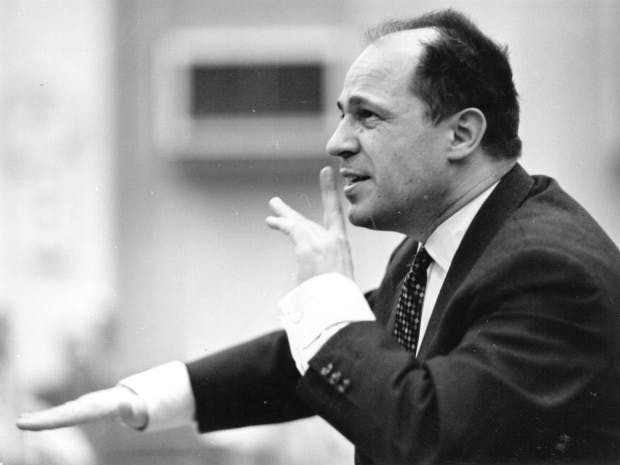
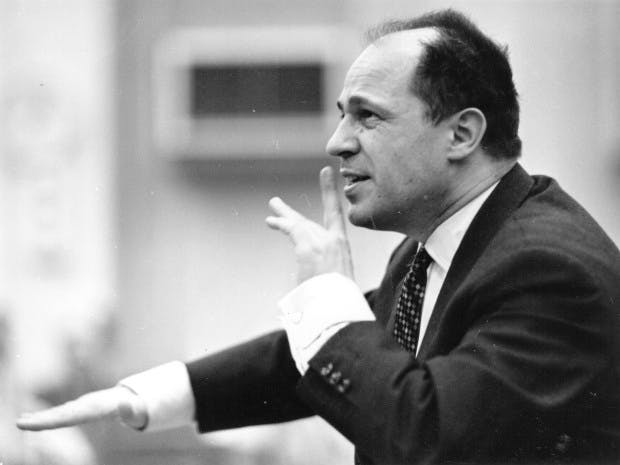
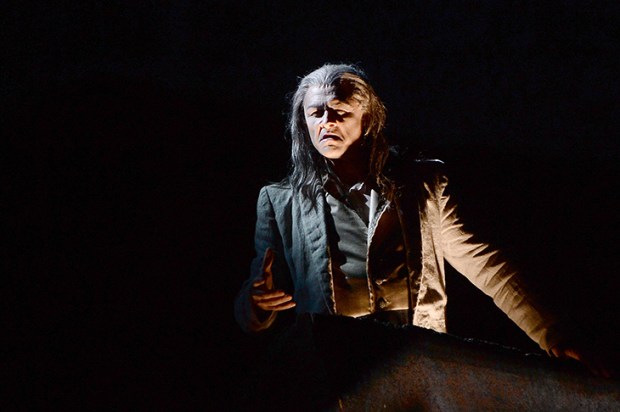
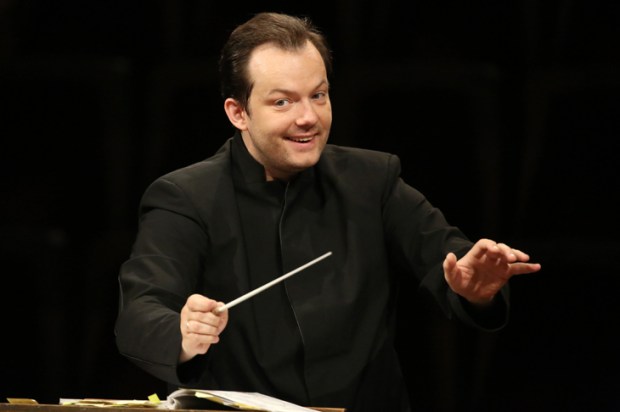
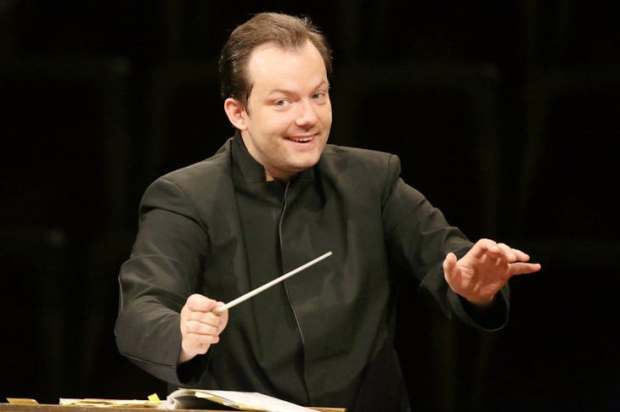
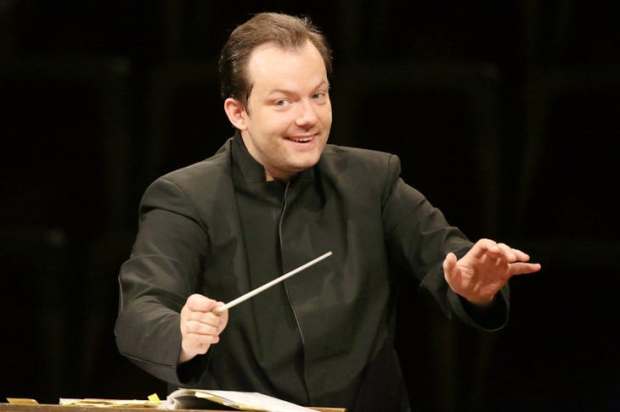
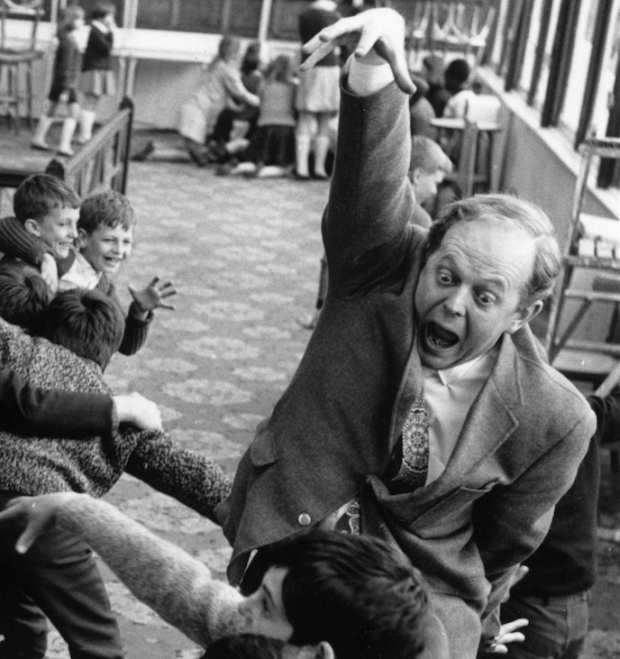






Comments
Don't miss out
Join the conversation with other Spectator Australia readers. Subscribe to leave a comment.
SUBSCRIBEAlready a subscriber? Log in